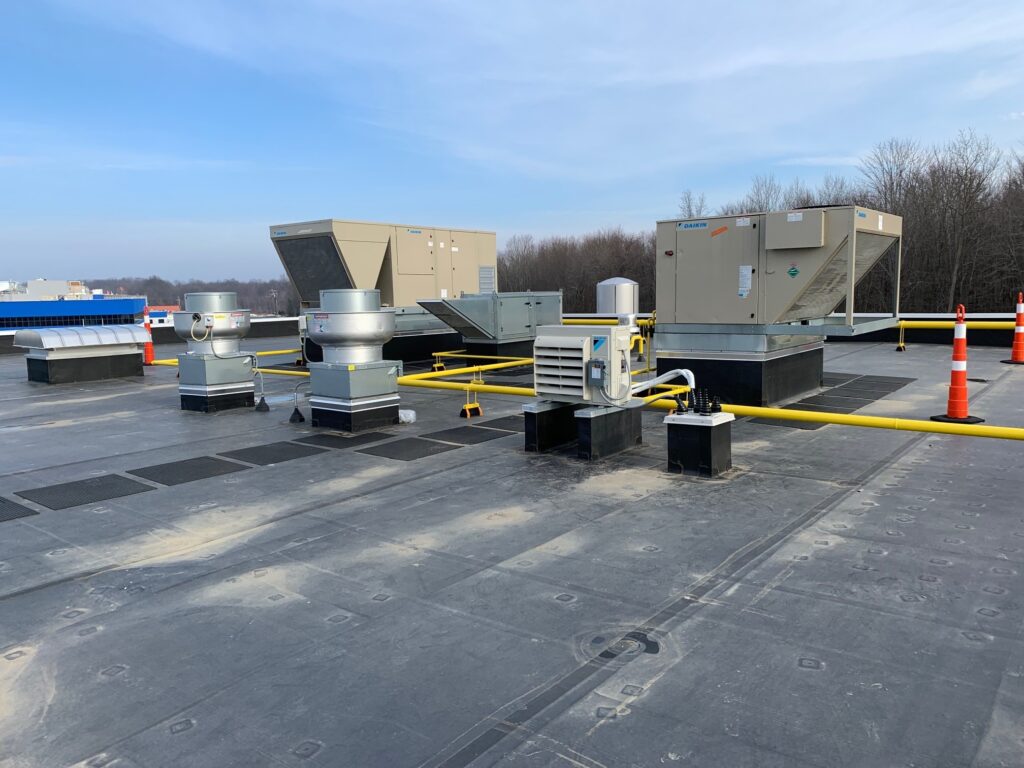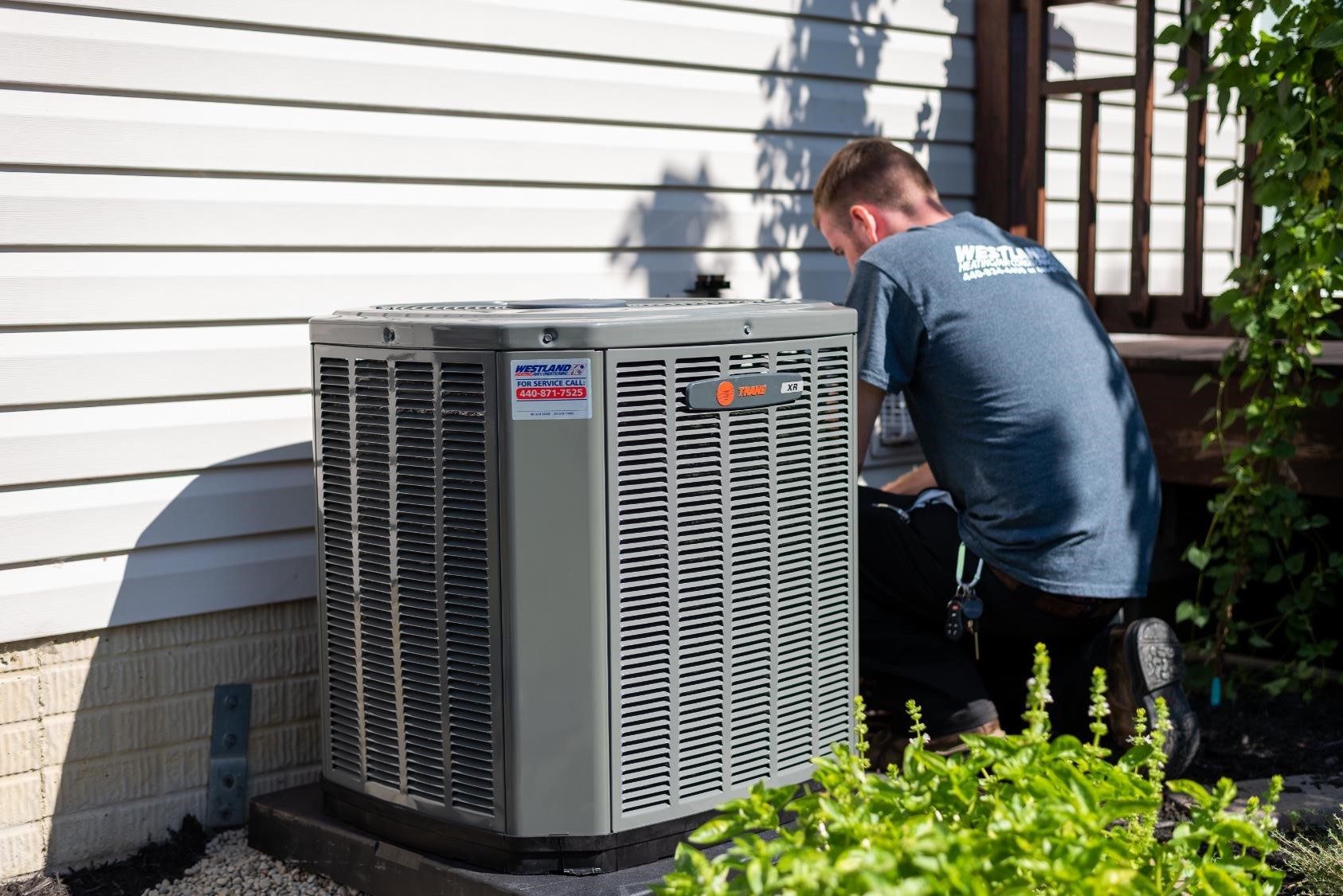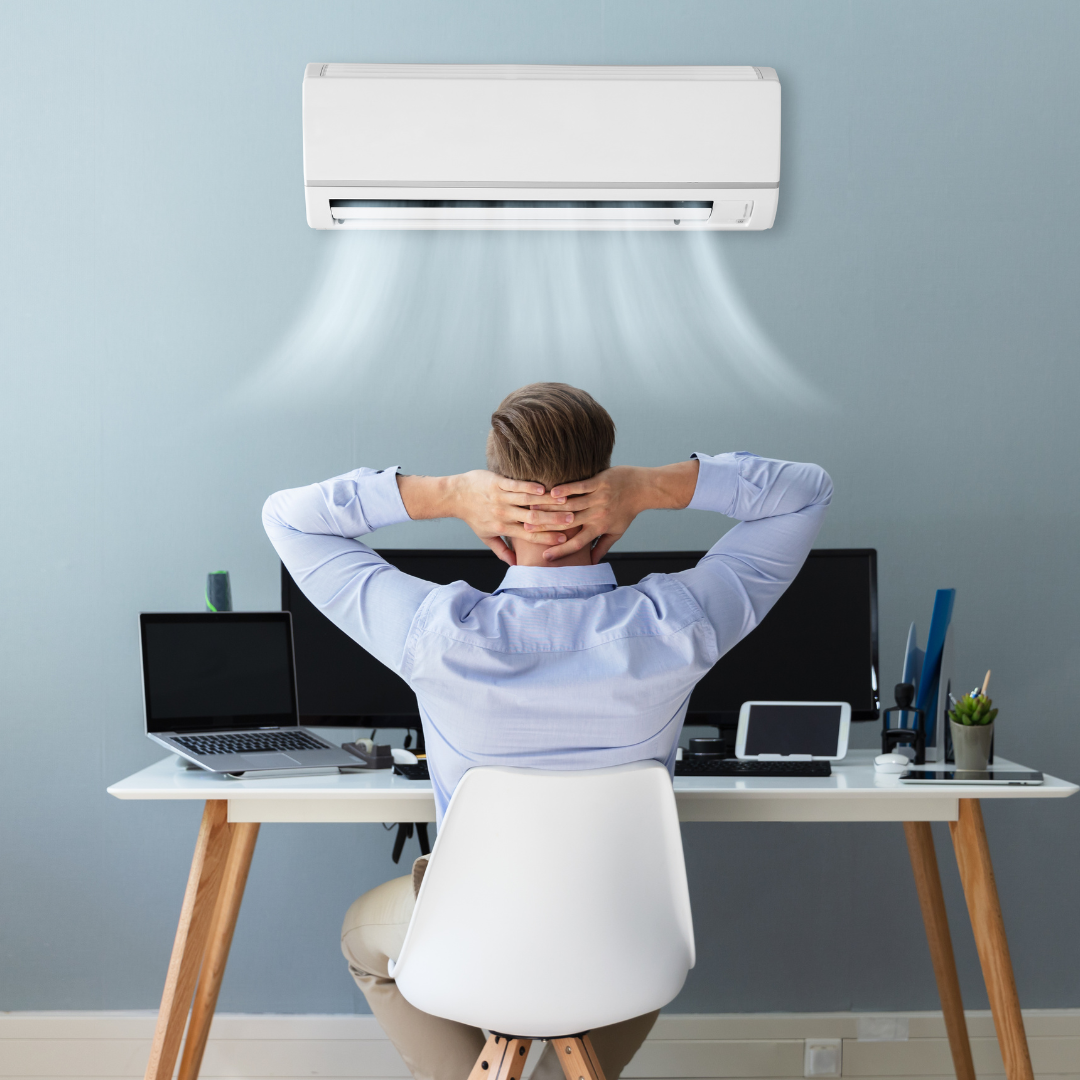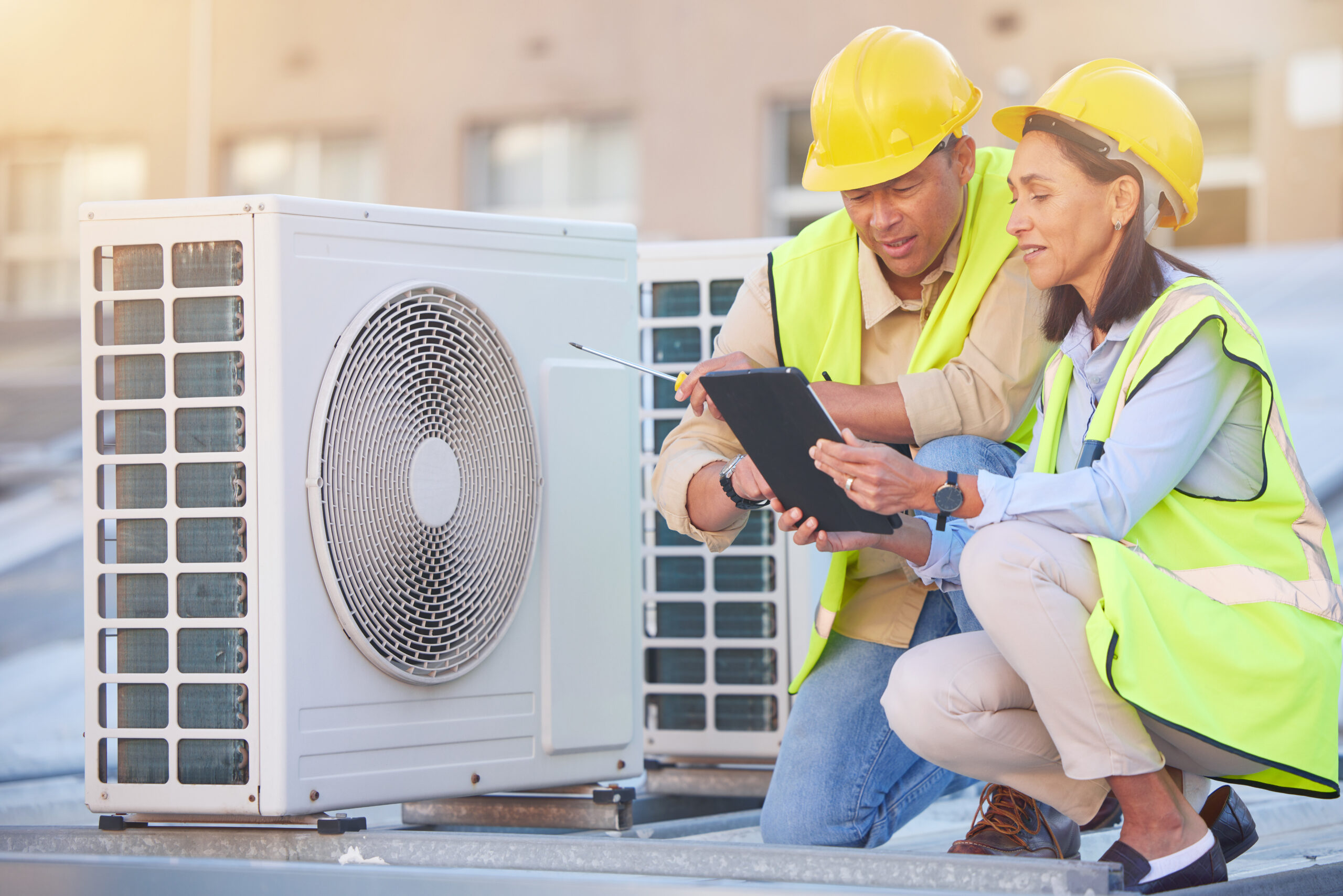Summer didn’t get off to the fastest start this year, but the heat is certainly making its presence known now, isn’t it? Hopefully you already have a reliable and efficient AC in place, freshly tuned-up and ready to go. If you are on the cusp of an air conditioning replacement in Westlake, though, or if you have a new home that’s ready for the HVAC installation step, then we urge you to pause and consider your options carefully.
Yes, there is a lot to recommend the use of a standard split central air conditioning system. However, you’d be missing out if you didn’t at least consider the use of a heat pump in your home. Heat pumps have soared in popularity throughout the country, and trends show that this isn’t changing anytime soon. What is it that makes the heat pump such an attractive residential HVAC option? Well, you need only read the following post to learn more.
It’s Not Just an Air Conditioner
We don’t mean to say “just an air conditioner” in a derogatory way. Air conditioners are a necessity when temperatures soar, at least if you’re planning on living comfortably in your home. We mean it quite literally. Heat pumps are not “just” air conditioners—because they’re heaters, too! Not only that, but they are among the most efficient of all home heating systems on the market today. Let’s take a closer look.
Heating and Cooling? In One System? How?
By reversing the system’s operation. And no, we’re not being snarky. That’s an oversimplification of a fairly complex system, but the theory behind the operation is really quite simple. At the heart of the system and its capabilities is the component called the “reversing valve.” But before we get to that, we have to understand how it is that air conditioners in general work. Specifically, we need to understand the refrigerant cycle.
The Role of Refrigerant in the Heat Transfer Process
A furnace or a boiler generates new heat, either through electric resistance or the combustion of fuel. An air conditioner, however, does not generate “coolness.” What it does do is remove heat from the air in your home. Refrigerant makes this possible. It evaporates in the indoor evaporator coil of the system and pulls heat out of the air in the house in the process. That refrigerant then condenses in the outdoor coil, where it releases its heat. The process repeats as the desired indoor temperature is met and maintained.
But What About Heat Pumps? How Do They Heat?
Well, just reverse the flow of refrigerant! That’s where the reversing valve comes in. By reversing the direction in which refrigerant flows, the heat pump is able to take heat from the air outside, compress the refrigerant to boost thermal energy, and then release that heat indoors. Because no new heat is created, and only a small amount of electricity is used in the heat transfer process, a heat pump heats homes with great efficiency and affordability.
Schedule your AC services with Westland Heating & Air Conditioning.







